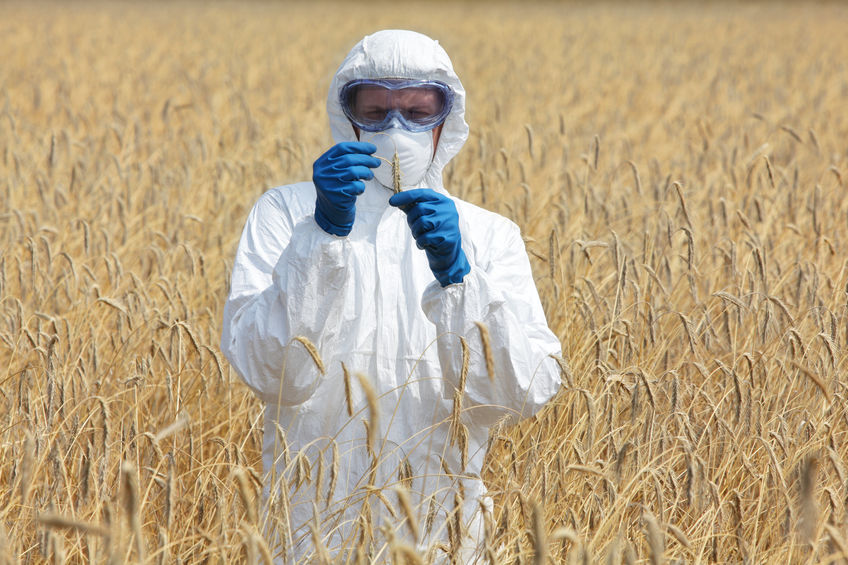
A new laboratory has opened to help drive vital research into the control of fungi which attacks the world's most important cereal crops.
The research centre has been opened at Hilldale Research Centre in Wickham to develop novel fungicide compounds, based on groundbreaking research at the University of Sussex.
Work planned at the site will help to drive vital research into the control of respiratory activity in fungi which attack the world’s major cereal crops.
With the help of a recent £1million award, including a contribution of £602,390 from the Biotechnology and Biological Sciences Research Council (BBSRC), the opening will signal a step forward in the fight to help ensure global food security.
Fungal pathogens are adept at developing resistance to treatments by expressing an enzyme called the alternative oxidase (AOX).
The novel compounds formulated by Professor Tony Moore, of the University of Sussex, prevent this enzyme from being functional.
Protecting vital yields of crops
With further development, these compounds may be effective for longer and require less frequent spraying of crops.
The laboratory represents a significant investment in UK industry and innovation, as the only UK-owned commercial research facility for new agrochemical actives, in the country.
Existing nanotechnology capability is a successful example of the government’s investment in innovative technology and research, with a number of commercial products already derived from this technology currently being marketed in the UK and the EU.
Professor Moore said the implications of this ongoing research are "potentially huge".
"Both in terms of protecting vital yields of wheat, barley and rice across the world, and lessening the environmental damage caused by multiple applications of fungicides,” he said.
